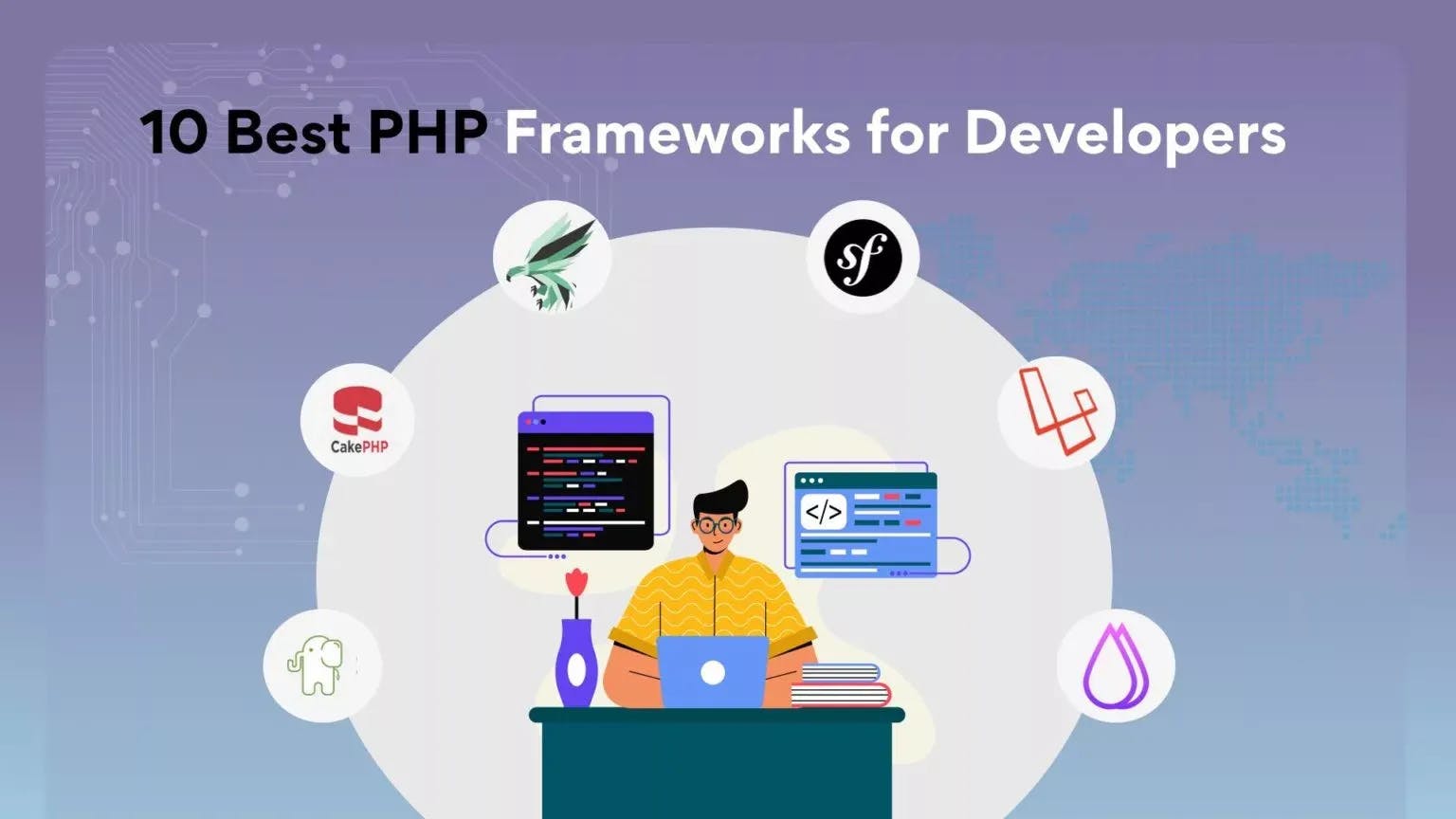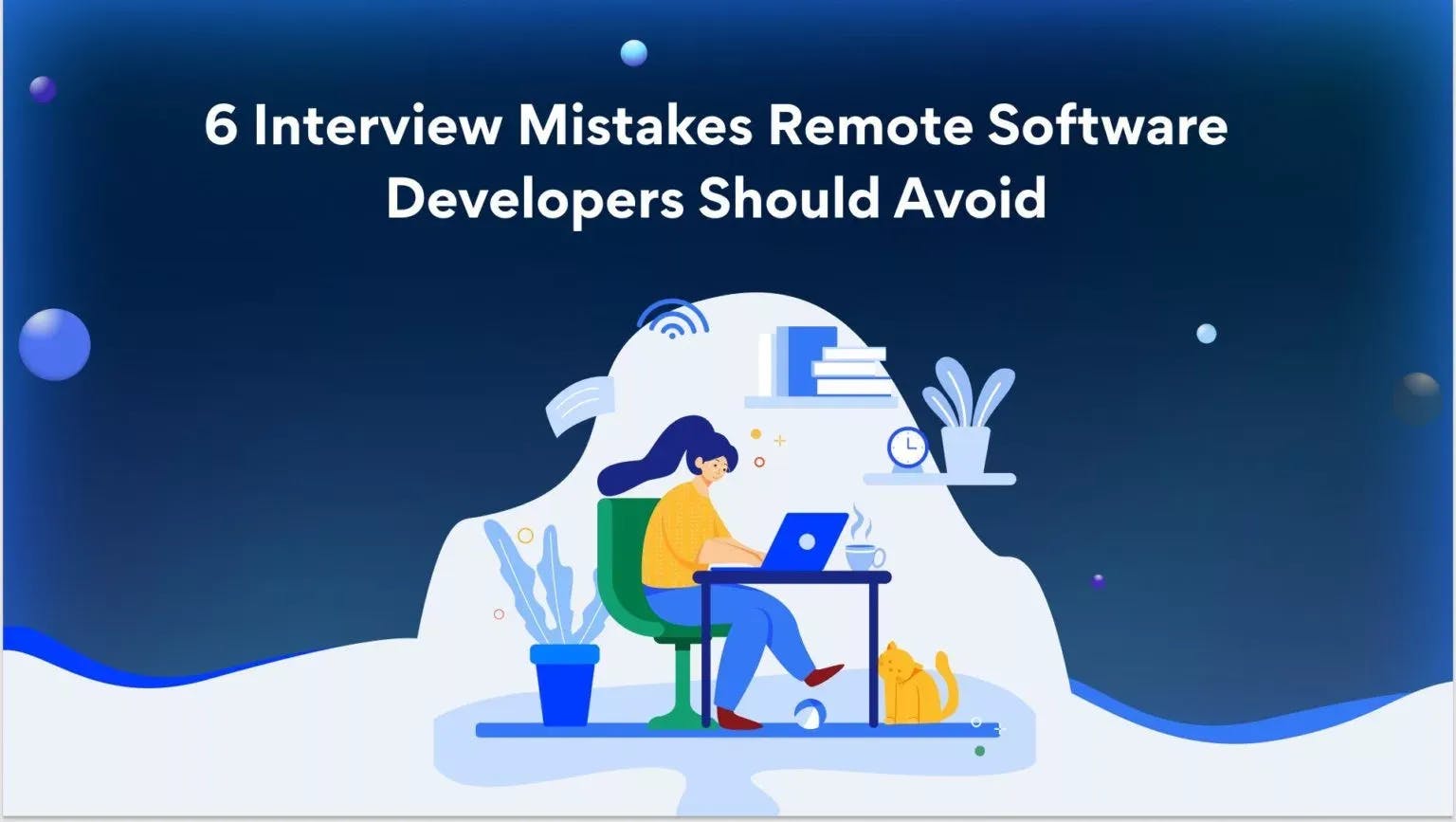Remote DevOps engineer jobs
At Turing, top-tier clients are on the hunt for remote DevOps engineers who can facilitate the integration of IT operations and development teams across the organization. This position involves implementing DevOps best practices, testing procedures and speeding up project delivery.
Find remote software jobs with hundreds of Turing clients
Job description
Job responsibilities
- Work across teams to ensure high productivity, reliability, and scalability of applications
- Develop metrics and KPIs to quantify product quality and engineering efficiency
- Design and develop CI/CD pipelines and ensure source code control management
- Perform architectural/code review and validation, code deployment, etc., in phased releases
- Monitor system performance and implement performance tuning
- Troubleshoot and resolve issues in development, test, and production environments
- Provide suggestions for potential projects that can bring impactful results
- Collaborate with software development teams to deploy and operate systems
Minimum requirements
- Bachelor’s/Master’s degree in Computer Science (or equivalent experience)
- 3+ years of experience in software development (exceptions made based on skill level)
- Proficiency in languages like Python, Java, JavaScript, Go, Perl, and C#
- Expert understanding of CI tools, such as Jenkins, Travis, Azure, etc.
- Experience working with Kubernetes, Docker, or other containerization technologies
- Knowledge of source control systems such as Git and Subversion
- Fluency in English to interact with engineering managers at U.S. software companies
- The ability to work full-time (40 hours/week) and a 4-hour overlap with U.S. time zones
Preferred skills
- Experience with Node.js ecosystem (API development, TypeScript, etc.)
- Knowledge of database technologies, release management, REST, SRE - Site Reliability Engineering, etc.
- Experience with any cloud platform like AWS, Google Cloud Platform, or Azure
- Attention to detail, abstract thinking, and problem-solving skills
- Excellent troubleshooting, problem-solving, and communication skills
- Ability to work with minimal supervision
Interested in this job?
Apply to Turing today.
Why join Turing?
1Elite US Jobs
2Career Growth
3Developer success support
How to become a Turing developer?
Create your profile
Fill in your basic details - Name, location, skills, salary, & experience.
Take our tests and interviews
Solve questions and appear for technical interview.
Receive job offers
Get matched with the best US and Silicon Valley companies.
Start working on your dream job
Once you join Turing, you’ll never have to apply for another job.
Learn how to create a perfect resume
Turing.com lists out the do’s and don’ts behind a great resume
to help you find a top remote DevOps engineer job.

How to become a DevOps engineer?
DevOps is a qualified practice that combines development and information technology to optimize the software development lifecycle. It encourages continuous delivery and feedback while ensuring cohesion among different teams involved in a project.
Software development is a long process with multiple phases: development, deployment, testing, and design. The process facilitates continuous development, testing, and integration, thus ensuring high-quality and on-time delivery.
DevOps engineers apply their expertise to ensure that all stages of development are well-optimized and free of errors.
In the past, various problems were encountered before an application went into production. These were the accumulated issues throughout the different stages of development, all of which called for revisiting and re-iterating the entire development model. It made software development a time-consuming and tedious process.
While software engineers would eventually fix the issues, it was evident that better practice was necessary, and thus, DevOps came into existence.
To secure a high-paying remote DevOps engineer job, making a good first impression with the recruiting managers is crucial to bagging an interview. And to do this, it is essential to have an impactful resume, as it is the first point of contact between you and the recruiter.
What is the scope of DevOps engineering?
DevOps has revolutionized the software development cycle. The code of ethics of DevOps philosophy has also optimized application development. As a result, the need for remote DevOps engineers with impeccable collaboration skills is increasing.
The demand for DevOps professionals is growing as organizations increasingly use cloud technology and adopt DevOps practices. Also, with increased start-ups, remote DevOps jobs are on the rise. Companies hire DevOps engineers to create efficient automation processes, ensure their systems are secure and reliable, and optimize cloud and on-premise infrastructure. There’s no time like the present to look for DevOps remote jobs!
What are the roles and responsibilities of DevOps engineer?
The primary role of DevOps engineers is to oversee the software development process. They break down the entire process into smaller chunks and fix existing issues to sync the development stages. Most DevOps engineers streamline the workflow by integrating complex phases of product development. They also integrate various stages with automated processes.
As a remote DevOps engineer, you should have good team collaboration and communication skills. Apart from staying abreast of the project’s progress, DevOps engineers solve the complex problems that arise from every stage of product development.
If you are looking for remote DevOps jobs, Turing.com is the right place to start. Some of the position's responsibilities include setting up required infrastructure, managing and meeting project KPIs, deploying security checks for vulnerability tests, and risk management, among others.
How to become a DevOps engineer?
Individuals with advanced problem-solving and collaboration skills are frontrunners for landing DevOps remote jobs. They must have a Computer Science background, preferably a B.Tech in Computer Science.
Several online courses and certifications help candidates to learn and navigate the DevOps process. Signing up for such courses and certifications adds value to your skillset and helps you stay up-to-date with the industry's best practices.
Apart from qualifications, an understanding of the current industry trends is valuable. Recruiters test abilities via assessments, so brushing up on the relevant coding languages is important.
Knowledge of cloud technologies like AWS, Terraform, and Azure is essential for securing DevOps jobs. High-paying positions often call for the considerable experience of 3 years or more in the relevant field. Also, remember to put all your skills and experience into a beautifully crafted DevOps engineer resume.
Interested in remote Devops engineer jobs?
Become a Turing developer!
Skills required to become a DevOps engineer
1. Scripting skills
JavaScript, Python, Perl, Ruby, PHP, Bash - DevOps engineers should be familiar with as many languages as possible. They should also be comfortable with OS environments. While Linux is the preferred operating system, it pays to be able to work on different OS environments.
Apart from scripting, DevOps engineers should have strong knowledge of automation processes. It is essential to write clean codes and integrate them into code developed by other teams.
2. Network and Storage
As DevOps involves dealing with servers, storage, and data, strong networking knowledge are essential for a DevOps engineer. Familiarity with APIs, protocols, and other infrastructures is important.
DevOps engineers should thoroughly understand the test automation process. They should be able to manage the complex delivery pipelines through Jenkins for optimizing automation standards.
3. Writing secure code
While there are multiple practices for checking vulnerabilities, writing secure codes is at the top of the list. Building defense mechanisms to avoid unwanted attacks is a follow-up strategy to ensure high security. One of the best practices is to introduce security early in the development cycle. This allows for determining the security standards at every stage.
4. Infrastructure knowledge
A DevOps engineer must know the ins and outs of the infrastructure available. As a DevOps engineer, you can utilize the best platforms for deploying applications and optimizing results. A firm grasp of networking is handy as you must run the software's virtual networks. You should be aware of cluster management software to ensure smooth integration of systems and new deployment.
5. Decision-making and soft skills
There will be times when, as a DevOps engineer, you have to respond to situations quickly. You must be confident in your decision-making ability to bring order to the chaos.
Having good communication skills enables better collaboration and cohesion within teams. DevOps engineers work across hierarchies and may be part of brainstorming sessions, interactions, and discussion agendas, all of which require them to possess soft skills.
Interested in remote devops engineer jobs?
Become a Turing developer!
How to get remote DevOps engineer jobs?
To help your search to find remote DevOps jobs, Turing has made things easier. It offers top remote DevOps jobs to suit your career goals. Join a network of the world's best engineers and get full-time, long-term jobs with better compensation and career prospects.
Why become a DevOps engineer at Turing?
Elite U.S. jobs
Long-term opportunities to work for amazing, mission-driven US companies with great compensation.
Career growth
Work on challenging technical and business problems using cutting-edge technology to accelerate your career growth.
Exclusive developer community
Join a worldwide community of elite software developers.
Once you join Turing, you’ll never have to apply for another job.
Turing's commitments are long-term and full-time. As one project draws to a close, our team gets to work identifying the next one for you in a matter of weeks.
Work from the comfort of your home
Turing allows you to work according to your convenience. We have flexible working hours and you can work for top U.S. firms from the comfort of your home.
Great compensation
Working with top U.S. corporations, Turing developers make more than the standard market pay in most nations.
How much does Turing pay their DevOps engineers?
Turing helps you suggest a salary range that helps you to settle for a fruitful and long-term opportunity. Most of our recommendations are an assessment of market conditions and the demand set by our clients. However, at Turing, we believe in flexibility. Thus, every DevOps engineer is eligible to fix their salary range as per their skills and expertise.
Frequently Asked Questions
Latest posts from Turing
Leadership
Equal Opportunity Policy
Explore remote developer jobs
Based on your skills
- React/Node
- React.js
- Node.js
- AWS
- JavaScript
- Python
- Python/React
- Typescript
- Java
- PostgreSQL
- React Native
- PHP
- PHP/Laravel
- Golang
- Ruby on Rails
- Angular
- Android
- iOS
- AI/ML
- Angular/Node
- Laravel
- MySQL
- ASP .NET
Based on your role
- Full-stack
- Back-end
- Front-end
- DevOps
- Mobile
- Data Engineer
- Business Analyst
- Data Scientist
- ML Scientist
- ML Engineer
Based on your career trajectory
- Software Engineer
- Software Developer
- Senior Engineer
- Software Architect
- Senior Architect
- Tech Lead Manager
- VP of Software Engineering













